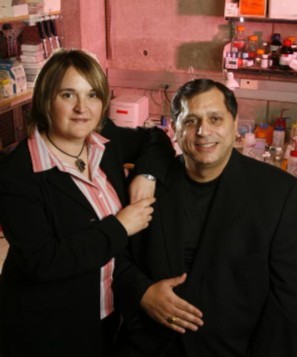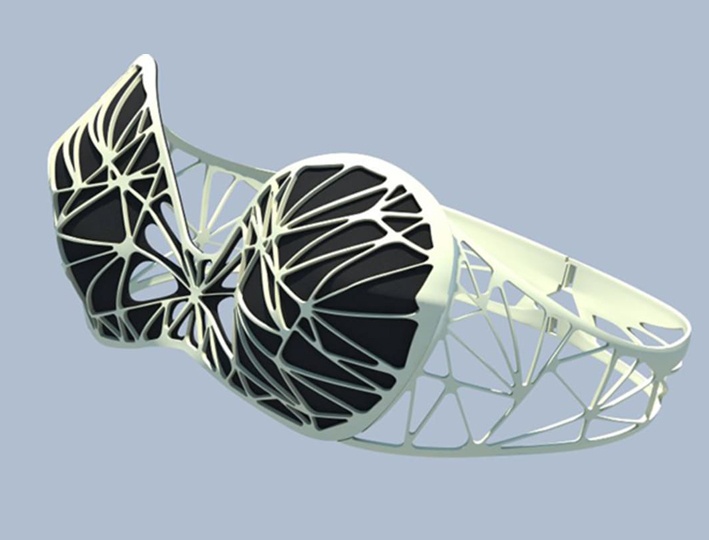EUREKA! Now recycled plastic bottles can save electricity and go green at the same time.

There is no doubt that Plastic remains in the air for a very long time, degrading the natural environment while also spilling toxins. Plastics also contribute to dangerous atmospheric deviations. Despite that, is it possible to lessen fossil fuel byproducts by utilizing excessive plastic waste? Unrealistic, right? Despite the present reusing programs, billions of glass restraints end up in landfills consistently. It motivated the analysts to investigate whether the silicon dioxide in waste beverage bottles could provide lithium-polymer batteries with high-quality silicon nanoparticles? As the market demands unique electric vehicles and electronic gadgets, scientists are constantly working to create more powerful and versatile lithium-particle storms. Imagine tackling two of the most pressing issues on our planet with a single stroke.
Scientists have tracked down a fantastic way to reuse these plastics to save energy and generate electricity. Professors Mihri and Cengiz Ozkan of the University of California, Riverside, are making improved energy storage materials using various materials that include glass jugs, Silly Putty, and portobello mushrooms. Although their recent effort has a great deal of promise, it is centred around the necessity for suitable battery materials and the need to reuse and discard vast quantities of plastic waste. By 2040, 30 per cent of the world's cars must be electric, and the significant expense of crude batteries is a challenge," Mihri Ozkan said. A silicon anode can accumulate multiple times as much energy as a graphite anode, but it grows and shrinks over time, creating a precarious situation. Scientists have devised a strategy to rectify the problem with quick-charging stations by introducing lower temperatures to reduce the risk of harm and limit capacity loss. Using discarded plastic containers, they have created lithium-ion batteries capable of storing energy for electric vehicles.
U.C. Riverside professors have devised a method to transform polyethene terephthalate (PET) from plastic containers into valuable material for storing energy. Using glass bottles and a low-cost synthetic process, they have created nanosilicon anodes superior lithium-ion batteries. In addition to being used in electric vehicles and hybrid electric vehicles, the batteries will enable gadgets such as smartphones and P.C.s to be charged with less energy and more force. The TUBITAK Scientific Achievement Award, the top award in Turkey, was awarded to Cengiz Ozkan in 2020.
Twofold transformations of Plastic into power...
In a peer-reviewed article distributed in the U.S. directory Energy Storage, the scientists describe how they created a direct and sustainable way to upcycle polyethene terephthalate plastic waste into a twofold supercapacitor within a coin-cell device. Soon after this duo tested, they realized the material had various properties. Although these supercapacitors cannot store much energy, they can charge much faster, making batteries dependent on plastic waste a good choice for specific applications. While the researchers thought mass-delivery of the batteries would be soon possible and set the stage for further research, they wanted to improve electrical properties of the nonmaterial by adding substances like boron, nitrogen, and phosphorus. They also concluded, " In addition to being versatile, cheap and cost-effective, this could also lead to future inventive work."
Magical eco-friendly Sponge swimsuits ...
Cengiz Ozkan and Prof. Mihri have also developed a bathing suit to help the client clean the water while they swim. The sponge is a reusable material derived from warmer sucrose, a type of sugar used to make bathing suits. Since the swimsuit is not superhydrophobic and permeable, it repels water and retains pollution. The material's water-repelling property might be used in paints applied to planes or satellites or in electromagnetic protections for UAVs. According to Mihri Ozkan, the sea contains many different [biological oils] that come from swimmers and other sea creatures. An elastomeric net-like cage wraps the Spongy fabric into a bikini design and adheres it to the skin. The fabric could likewise be fused into things, make swimwear, diving caps, even wetsuits. At temperatures exceeding 1,000°C, the material may retain its mass multiple times and deliver the ingested materials. Upon contact with the skin, pollutants are trapped in the inward pores of the material. Cushions can be replaced and reused. There is a limit to how many times can use the material. Ozkan initially envisioned the material as a swimsuit and cleaning up oil slicks in the ocean. He also ensured, “ this swimsuit will unharm the environment”. The swimsuit won the Reshape15 plan contest for wearable innovation; however, since most people don't choose to swim in super-dirty water, it is likely to be more helpful outside the design world. The material designed by Dr Ozkan has more plans for use than a swimsuit; as they disclose, they have further plans for it. A variety of outfits can be created using this plan: swimwear, towels, swim covers, and more. As a reprogrammable, recyclable, and moderate design, it presents the possibility of further clean-tech wearable innovation, Ozkan added.

Future expectations!
Professor Cengiz Ozkan states that upcycling PET waste for energy storage applications poses a sacred goal for green assemblage from maintainable sources of waste. Another class of anodes will follow a later age of Lithium-particle batteries to create supercapacitors.
Additionally, they plan to design other eco-friendly outfits that will contribute to the cleanliness of the oceans by participating in a summer sports movement or essentially enjoying a summer vacation. So, Keep an eye out!
Can plastic waste be turned into electric car batteries? Mihri and Cengiz Ozkan’s labs at @UCRBCOE have already demonstrated how it’s done. @UCR_CSE @MihriOzkan1 https://t.co/tkTEx9wtpM pic.twitter.com/QFcTQqdLtX
— UC Riverside (@UCRiverside) August 28, 2020
If you Like to contribute to this Page, Please Drop us a Mail.
hello@bookofachievers.com
















